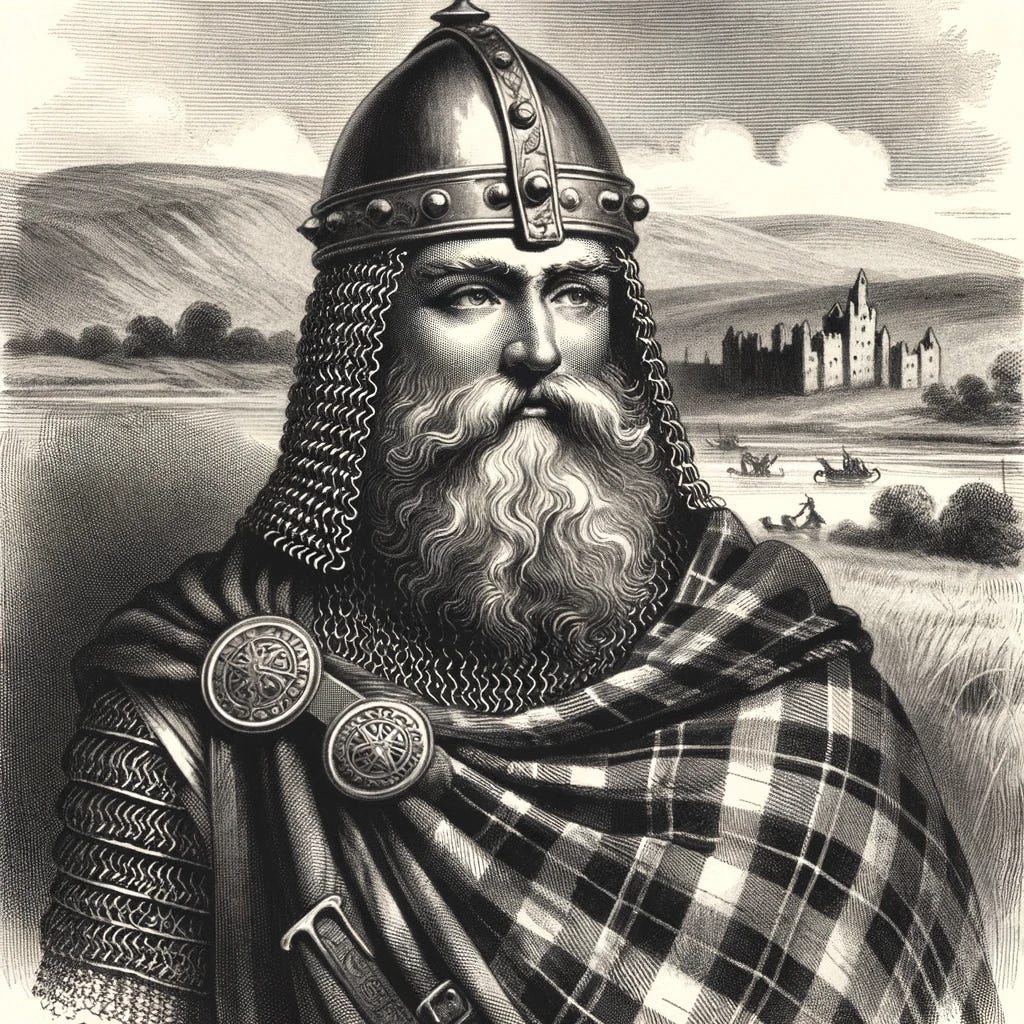Hector Armstrong, the traitor of Harelaw
In the turbulent 16th century, the borderlands between England and Scotland were not merely geographical divides but volatile zones steeped in conflict and deception. Among the historical narratives from this era, the story of the Earl of Northumberland stands out, encapsulating the essence of betrayal and political maneuvering in a time marked by intense regional and personal loyalties.
The Earl’s Fall from Grace
The Earl of Northumberland, once a prominent and powerful figure as the Lord Warden of the English Marches, found himself ensnared in the political upheavals of the late 1500s. His downfall began with his participation in the Northern Rebellion against Queen Elizabeth I, a revolt that ultimately failed, forcing him to flee northward to seek refuge and safety.
Seeking Sanctuary in Hostile Lands
His flight led him to the stronghold of Hector Armstrong, known infamously as Hector the traitor of Harelaw. Northumberland had previously shown mercy and provided shelter to Hector when he was a fugitive, creating a bond that Northumberland believed was built on mutual respect and indebtedness. This bond, however, was destined to be shattered. Choosing Harelaw as his sanctuary, situated within the so-called 'debatable lands'—an area historically immune from invasion due to its undefined sovereignty—Northumberland believed he had found a safe haven. But the sanctuary was nothing more than a well-laid trap.
The Betrayal at Harelaw
Hector Armstrong’s stronghold, where Northumberland sought refuge, turned into the stage for a deep betrayal. Under the guise of hospitality, Hector colluded with Martin Elliot, who was acting under instructions from the Scottish Regent Moray. The Regent, while publicly neutral, was secretly plotting with English authorities, seeking to capitalize on the capture of the fugitive Earl. Hector, betraying the very man who once saved his life, facilitated Northumberland's capture by leading him directly into an ambush prepared by Elliot and a group of soldiers. This act of treachery was orchestrated with chilling precision, showcasing the ruthlessness of political alliances in this era.
Wider Political Implications and Further Intrigue
The capture of Northumberland was not an isolated event but part of broader political maneuvers involving the Scottish Regent Moray and the English government. Regent Moray’s role was particularly duplicitous; he balanced his public support for the Scottish lords, who sympathized with the English fugitives, against his private negotiations with William Cecil, Elizabeth I’s chief advisor. Moray's intricate dance between these two powerful interests underlines the complex and often underhanded nature of political leadership during this time.
Echoes of Betrayal: The Cultural Impact
The betrayal had a lasting impact not only on Northumberland but also on the cultural memory of the Anglo-Scottish borders. "To take Hector’s cloak" became an infamous proverb in the region, symbolizing the ultimate betrayal of a friend or ally. This phrase and the story behind it have persisted through centuries, serving as a somber reminder of the potential for human deceit, especially when juxtaposed against personal gain.
Reflections on a Time of Unrest
"Northumberland Betrayed" offers more than just a recount of historical events; it serves as a poignant narrative exploring themes of loyalty, honor, and betrayal amid the politically charged atmosphere of the 16th-century British Isles. It reminds us of the harsh realities faced by those navigating the treacherous political landscapes of the time, where the bonds of past kindnesses were easily severed by the lure of power and survival.





